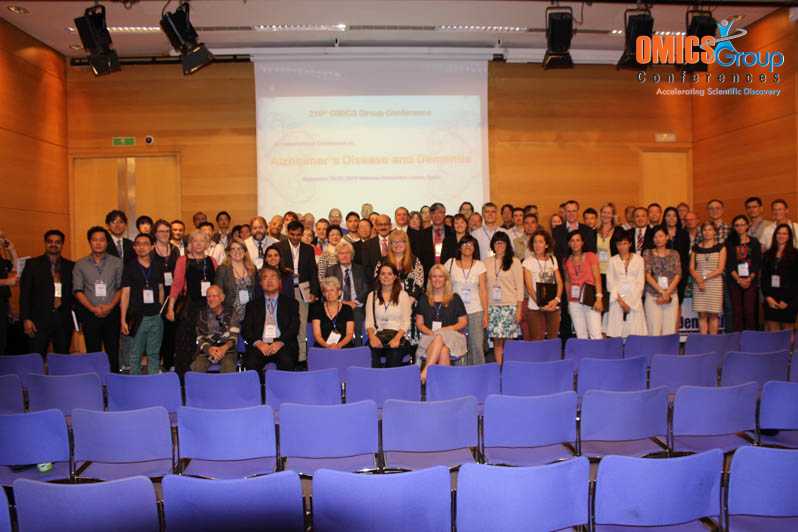
Attila Lawrence
University of Nevada, USA
Title: A theoretical framework for environmental design intervention to support neurodegenerative disease management
Biography
Attila Lawrence is Professor of Interior Architecture and Design in the School of Architecture, University of Nevada, Las Vegas. He has extensive expertise in the design/build industry and was a designer and/or constructor of record for more than thirty major residential projects for elderly clients in California. He was educated at the Pennsylvania State University and the Philadelphia College of Art (University of the Arts). His extensive publications and invited lecture presentations addressed issues on strategic management of total project delivery systems, social and psychological dimensions of human experiences in the built environment and housing. He recently chaired the Architecture Session at the International Conference on Arts and Humanities, 2014, and presented a paper on “Neuroscience-informed Design Responses to the Aging Processâ€.
Abstract
In the next three decades a persistent challenge facing providers of professional services in any of the segments of the environmental design and building industry is to respond to market demands for multigenerational residential and work environments. A significant force driving this demand is an aging population 65 years old and older that by 2030 will constitute more than 20% of the U.S. population and will be aiming to stay in their homes and jobs as long as they can. Their impact on capital will also be significant, as pensioners move from being net contributors to net users of capital. In the pre-design phases of project development and delivery that increasingly transcend conservative derivative stylization, concerns for the aging process and its implications for design interventions that support and are integral to the management of neurodegenerative disease consistently emerge as key factors when considering human daily functioning and well-being. Therefore asserting the responsiveness of integrated design and project delivery processes to these demographic trends relies upon these processes being informed by neuroscience that offers the substance to drive the changes the design professions can affect to functionally acknowledge and respond to varying levels of environmental competence in different human developmental stages and in some cases, physical or mental conditions precipitated by life’s unforeseen events. This paper presents a methodological paradigm for neuroscience-informed design responses to multigenerational environmental needs with an emphasis on the aging process.
Speaker Presentations
Speaker PDFs




